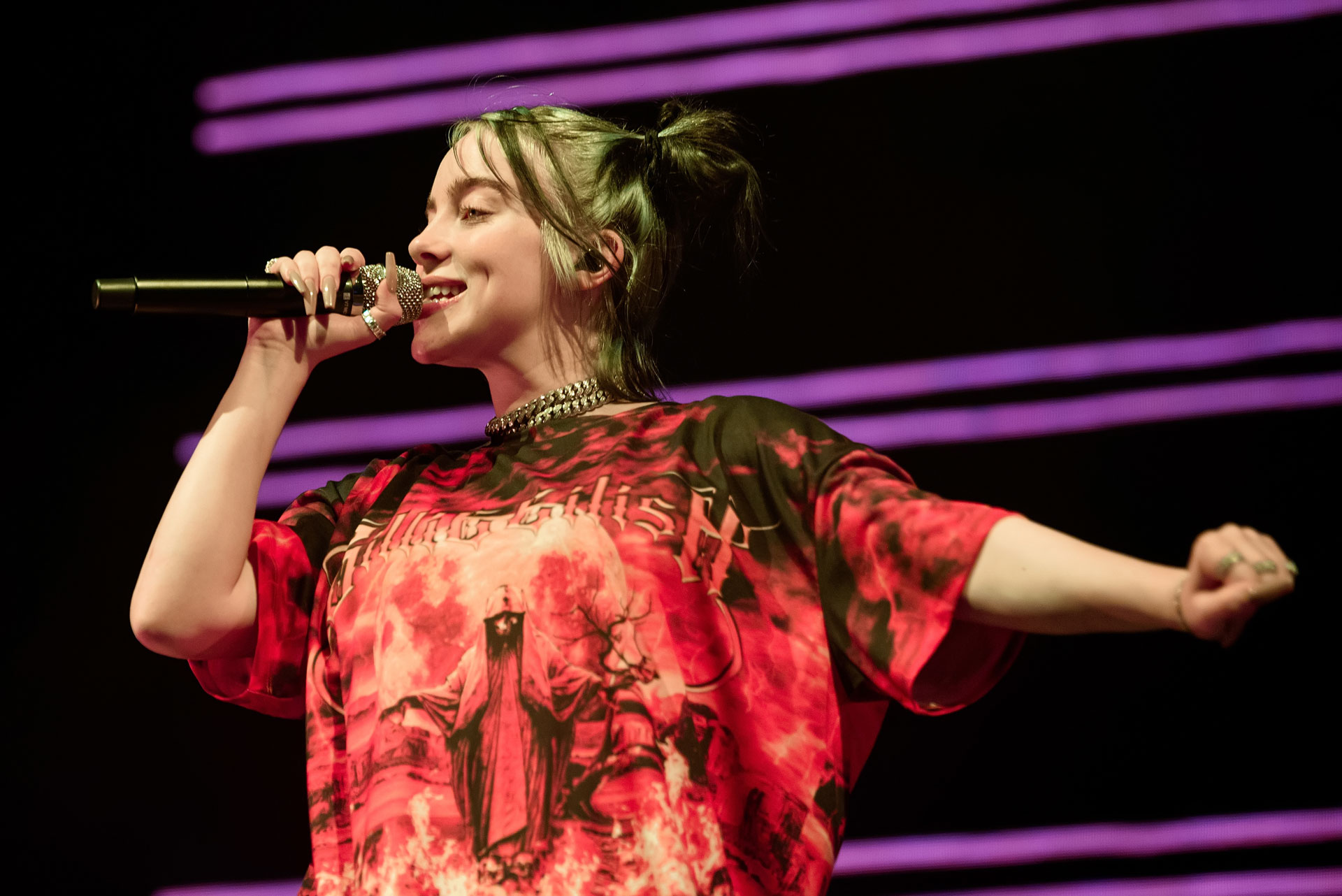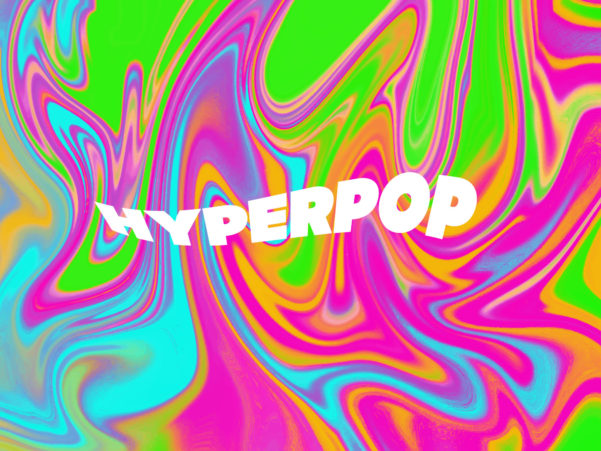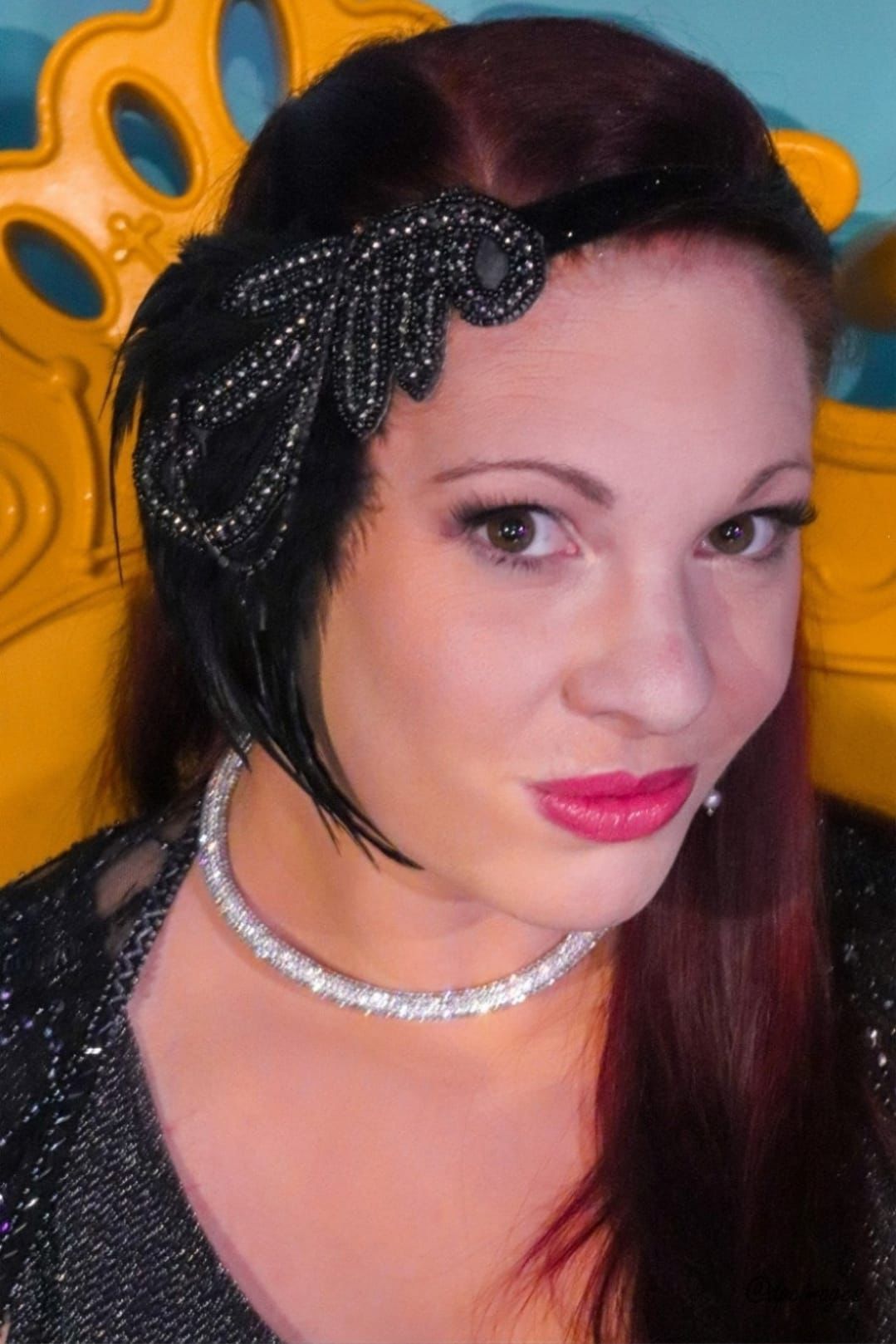

Over the past decade, a new manifestation of pop music has quickly established itself as ‘the sound of the future’. This sound has been emerging from every crevice of popular culture, proliferating at an impressive rate in the new digital age and slowly infiltrating the sound of some of the biggest pop superstars in the world.
Becoming widely referred to as Hyperpop, this new genre has become renowned for its maximalist or exaggerated take on popular music, self-referential humor and a unique manifestation of nostalgia for the early internet age.
Much of hyperpop’s beloved protagonists and notable successes can be credited to the dedication and intensely focussed creative control these figureheads have retained over their output and vision. When producers A.G. Cook and SOPHIE debuted their new mode of glossy pop music, there were few words to describe their loud and uncanny sound. This early manifestation of hyperpop seemed to draw upon the foundations laid by the likes of Hudson Mohawke yet still presented it’s own weird ways of communicating.
Equally looking forward as it does backwards, hyperpop reconstitutes styles of music that have long since gone out of fashion, constantly poking at what is or isn’t “cool” or artful. It’s possible to view the movement as an expression not just of the genres it borrows from, but of the clamor of our current moment. Behind it’s kitsch, shiny, confident and playful veneer and aesthetic lies a much more sincere and angst-ridden message. Often tackling themes of isolation, anxiety, hyper-sexuality and aggression the genre seeks to highlight the gradual dehumanization and degradation of society in favour of products and commerce.
By coupling together distorted, metallic and industrial soundscapes with elements from bygone and oft-mocked genres; from bubblegum pop and eurodanz, to emo and even nu-metal; the genre evokes the sound of gentrification and provides an ugly, meta-reflection upon modern day capitalism.
These dystopian concepts and innovative production techniques are perhaps why the genre has never been able to shake the “futurism” label it received in its infancy. Charli XCX’s 2017 album Pop 2, titled as such to acknowledge the hyperpop sound as a sequel to the pop music genre itself, can arguably be credited for solidifying this notion within the mainstream. Now, almost 5 years on, the genre has indeed proved itself to be the main force for innovation within pop. Hyperpop has since found itself pushed to its most extreme and overwrought conclusions, infiltrating and growing in popularity through viral superstars such as 100 gecs, Shygirl, Slayyyter and Lil Mariko, whose chaotic and unwieldy party anthems have only further certified the genre’s endurance.
However, despite it’s intensely processed sound; engrossed in Auto-Tuned vocal hooks, excessive distortion, and the bewildering array of stylistic influences, hyperpop has come to be acknowledged as one of the most down to earth, human and honest genres in recent years. It is near impossible to fully understand hyperpop, without truly grasping the important online context and its significance among LGBTQ+ youth.
The popularity of the genre as a whole embodies an important step forward for representation and a celebration of queerness – with many of the genre’s key players, being significant figures within the queer community. Hyperpop as a whole challenges societal structures within ‘traditional’ pop music, rebelling against narrow, normative preconceptions and prejudices and restructuring elements of the past to build towards a more inclusive future. This has surfaced in specific ways within the music itself too, one such feature being through vocal modulation, which has allowed artists to explore the fluidity of gender with their voices and transcend the constraints of heteronormative labels.
Whether you believe it truly is the future of pop, or its demise, hyperpop holds huge importance to the modern musical landscape. This feature would never be truly able to encapsulate the true depth and diversity hyperpop has to offer. To group these artists under even the loosest of collective terms is to do a disservice to the enormous range at play. Much like the early internet age that conceived it, hyperpop is a bubbling ecosystem that exists and seemingly evolves rapidly, bewildering and disorientating to all those too out of touch, and unwilling, to fully embrace it.




